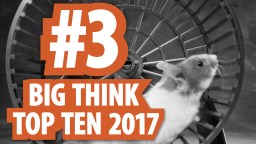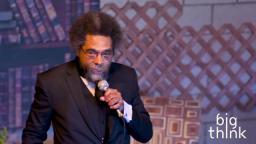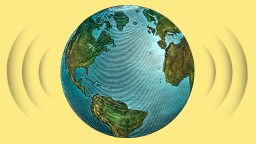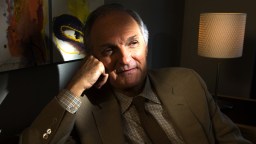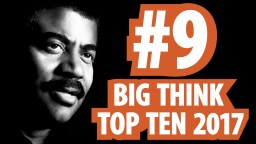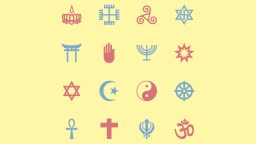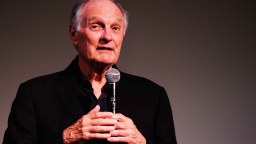Videos
All Stories
You have three types of brain inside your brain. And they’re all fighting for dominance.
▸
8 min
—
with
How do we move from ‘ego’ to ‘we go’?
▸
6 min
—
with
Bennett Singer explains why coming out matters—for the LGBTQ community and the straight community alike, and especially for those who are not in a safe position to do so.
▸
4 min
—
with
You have to be a little envious of those who have faith—they have a motivational force behind them that is near impossible to beat. What if there was a secular equivalent, wonders philosophy professor Sam Newlands.
▸
4 min
—
with
Can you imagine owning nothing and having everything? Kevin Kelly has a either a startling window into the future or an idea that will make your head spin.
Goal setting is a hamster wheel, says Adam Alter. If you want to channel your best work and get off the failure circuit, set systems instead.
▸
4 min
—
with
ISIS, Hurricane Katrina, Fukushima—for each of these disastrous developments, there was someone with a bunch of data that no one would listen to.
▸
10 min
—
with
People tend to bandy around the term “scientific consensus” a lot, but what does it actually mean?
▸
7 min
—
with
Has CRISPR co-creator Jennifer Doudna invented the Pandora’s Box of genetic engineering, or can CRISPR be used for the forces of good?
▸
7 min
—
with
Everything is cheap and nobody has jobs. Welcome to the future. President of the Federal Reserve Bank of Dallas fills us in on how we got here.
▸
10 min
—
with
Cornel West talks about everyday poets, being the best of the human species, hope, what wokeness really means, and revolution.
▸
10 min
—
with
The best career advice that you are not getting? Financial feminist and Wall Street powerhouse Sallie Krawcheck delivers.
▸
5 min
—
with
The World Science Festival just wrapped earlier this month. Here’s 4 top World Science Festival sessions that ORBITER recommends.
▸
with
The clash of tectonic plates beneath us is just part of life on Earth—unless, of course, there is human interference like in the American Midwest.
▸
4 min
—
with
If people who experience near-death experiences have less fear of death, could an out-of-body experience through virtual simulation lead to the same result?
▸
with
Having trouble learning? Take a break and your brain will process the information. You’ll learn better and faster.
▸
8 min
—
with
Is all life on Earth bound together by mathematics?
▸
9 min
—
with
It’s all in your mind. Really. Everything bad in the world might be coming from one particular part of the human brain.
▸
5 min
—
with
Natural selection has left us with a world of optimists—is this healthy?
▸
9 min
—
with
“We don’t notice one another nearly as much as we think we do,” says Alan Alda. Here’s how the actor inspired a scientific study on empathy.
▸
10 min
—
with
There’s something all of us—physicists included—are getting wrong about dark matter, says Neil deGrasse Tyson.
▸
7 min
—
with
This week, Bill Nye tackles one of the most complicated hypotheticals of all time.
▸
2 min
—
with
We tell Google things we wouldn’t tell our loved ones, or even our own doctors.
▸
6 min
—
with
Should scientists and the more technological minded be given more power in a capitalist world?
▸
11 min
—
with
Russian hacking is changing the game in global warfare by taking the battlefield to the internet, where Facebook is the front line.
▸
6 min
—
with
Can democracy remain vibrant if the public, and especially children, don’t have the tools to distinguish sense from nonsense?
▸
6 min
—
with
Career global security expert Richard Clarke identifies three potential game changing events that could adversely affect the wellbeing of humanity itself.
▸
12 min
—
with
Communication is more than a string of words that gets across static information. The language we use to converse does more than give facts—it can actually offer understanding.
▸
7 min
—
with
Is the idea of “choice” real or is choice just an idea in our heads? Are our brains inventing our own answers before we’ve even thought them through? The answer might surprise you.
▸
3 min
—
with
Mirriam Webster’s Kory Stamper explains just how words end up making the jump from the popular vernacular to the dictionary.
▸
5 min
—
with





